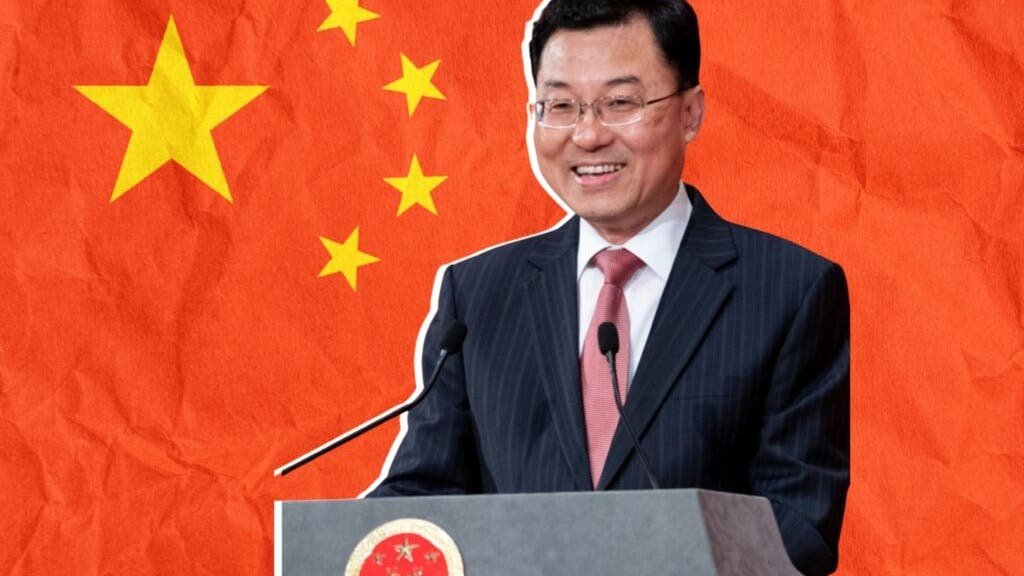
China, a country with one of the lowest retirement ages in the world, will raise its retirement age starting in January 2025. At that time, China will gradually increase its retirement age over the next 15 years.
Currently, the retirement ages in China are 60 for men and 50 for women in blue-collar jobs and 55 for women in white-collar jobs. The increase will put the retirement age for men at 63 and for women, it will be 55 for blue-collar workers and 58 for white-collar workers.
Don’t Miss:
Why is China Raising Its Retirement Age?
China’s current retirement ages were set in the 1950s when life expectancy was much lower. Back then, people lived to be around 40 years old. Now, the average life expectancy in China is about 77 years old. With a larger aging population, the country is facing a problem as there are fewer people to fund China’s pension system.
By 2035, about 400 million people in China will be over 60. China’s pension system is dependent on contributions from current workers. However, with fewer people in younger generations, the workforce is smaller than the aging population. Experts have even warned that the public pension fund could run out of money by 2035 if no changes are made.
A Global Issue
China isn’t the only country facing this problem. The United States and other countries in Europe and Asia struggle to determine the best ways to support their aging populations. If some real change isn’t made, the U.S. Social Security system won’t be able to pay full benefits to its beneficiaries starting in 2033.
Like China, the U.S. depends on payroll taxes from current workers to fund retirement benefits. As the number of retirees grows and the number of younger workers shrinks, pension systems are feeling the strain.
Trending: Mark Cuban believes “the next wave of revenue generation is around real estate and entertainment” — this new real estate fund allows you to get started with just $100.
Short-Term Pain, Long-Term Gain
China’s decision to raise the retirement age will help stabilize its pension system, but the change won’t be easy. The country already faces high unemployment among young people, and older workers staying longer could worsen this problem. However, most experts agree that this change is necessary to protect the future of China’s pension fund.
“This is happening everywhere,” said Yanzhong Huang, a senior fellow at the Council on Foreign Relations. “But in China, with its large elderly population, the challenge is much larger.”
Trending: Founder of Personal Capital and ex-CEO of PayPal re-engineers traditional banking with this new high-yield account — start saving better today.
Global Implications
China’s move could influence other countries to reexamine their pension systems. As life expectancy continues to rise and birthrates fall, many countries will have to raise their retirement age or risk running out of funds for retirees. Japan, Germany and France have made similar changes in recent years to help keep their pension systems afloat.
China’s policy change might serve as a wake-up call for the U.S. and other nations. Governments must find creative ways to adjust their pension systems to avoid long-term financial problems.
Read Next:
UNLOCKED: 5 NEW TRADES EVERY WEEK. Click now to get top trade ideas daily, plus unlimited access to cutting-edge tools and strategies to gain an edge in the markets.
Get the latest stock analysis from Benzinga?
This article China Raises Retirement Age For The First Time In Decades: What It Means For Global Pension Systems originally appeared on Benzinga.com
© 2024 Benzinga.com. Benzinga does not provide investment advice. All rights reserved.
Source link




